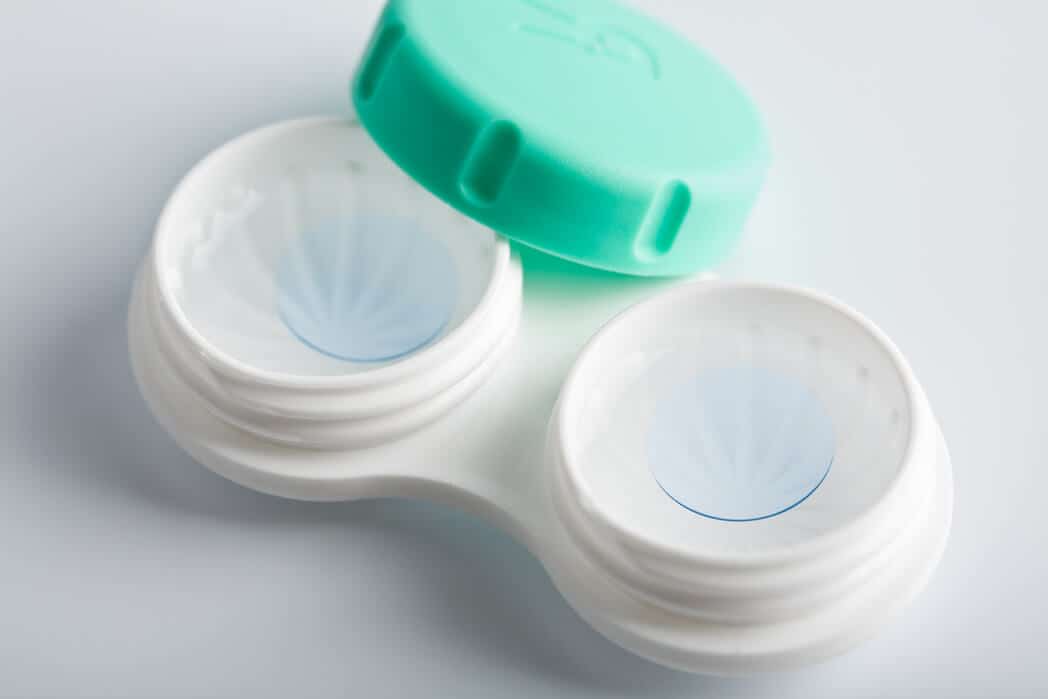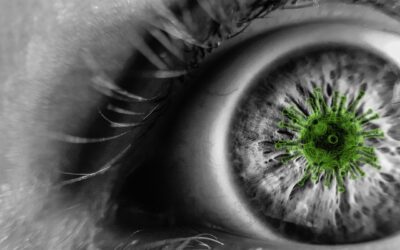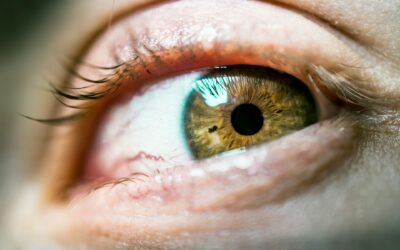Considering joining the wonderful world of contact lenses? Not sure how much it will cost to start? Here is a quick guide for things to consider and costs to account for.
Types of Contact Lenses Based on Replacement Frequency
The frequency in which one will need to replace the lenses is an important factor when considering which lenses to purchase. In certain cases, the optometrist may require you to select a specific replacement frequency, for the necessary purpose of promoting healthy conditions for your eyes. In the case where you may be given the option, your options will include daily, bi-weekly, or monthly replacement.
Daily contact lenses are replaced with every use. This means that each lens can only be used for one day then thrown out. The benefit of this is that daily lenses eliminate the need to store the lens in a case overnight, negating the possibility of contamination and subsequently decreasing the risk of eye infections. It eliminates the need to purchase saline solution (unless preferred to rinse off the lens if dropped). The trade-off is that more lenses will be needed and there is a higher cost to them. Though the most expensive option, daily lenses are overall the best for eye health and contact lens comfort.
Monthly contact lenses are the opposite in that a new lens is worn for one month then replaced. These lenses must be stored in a cleaned contact lens case overnight using preferably hydrogen peroxide solution. These lenses cost less but are not as easy to clean as daily lenses and the cleaning process includes a rub and rinse step. This also means that these solutions must be purchased. This adds some cost though the monthly modality is still the cheapest way to go.
Bi-weekly contact lenses are the middle option in that they are replaced every two weeks and will also require a solution for the lenses to be stored in.
What to Expect at Your Contact Lens Exam
The journey to getting your first pair of contact lenses starts with an assessment with your optometrist. This will likely be a separate appointment from the annual eye exam as it requires additional time and measurements.
The optometrist will investigate which lenses are best suited for you based on various findings such as the amount of lipid in your tears, the sizes of different ocular components, the activity of choice you will be using the lenses for, and how often you plan on wearing them.
Our eye doctor may then give you some lenses to try on the same day or order some in with your correct prescription. After trying on these lenses for a week or two, the optometrist will want to see you back and make sure that the fit was comfortable and did not cause any complications on your eye.
They may also make adjustments at this exam and order a new lens. When they find that everything is acceptable, you may be good to order your 3, 6 or 12 month supply. Remember, when buying from an optometry office for 6 month or annual supplies, certain lenses may have rebates that are only available from your eye doctor.
Contact Lens Follow Up Care
From this point, many people forget that it is important to return to their eye care practitioner annually to ensure that there are no long term complications from the lenses (i.e. inadequate levels of oxygen to the eye, dry eye, systemic changes that affect the eye) and that the eye is still in good condition to continue contact lens wear.
This exam is also a great opportunity to check in and see if there are any new technologies in contact lenses. Recently there have been new colour contacts, transition lenses (changes to be darker in sunlight and helps with light sensitivity), and multifocal lenses for astigmatic eyes on the market.





